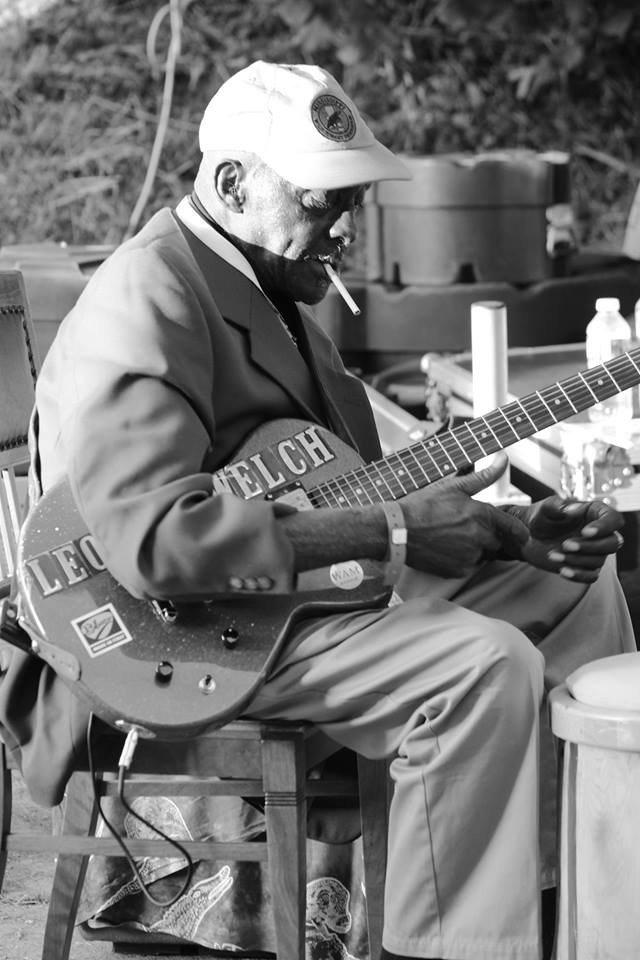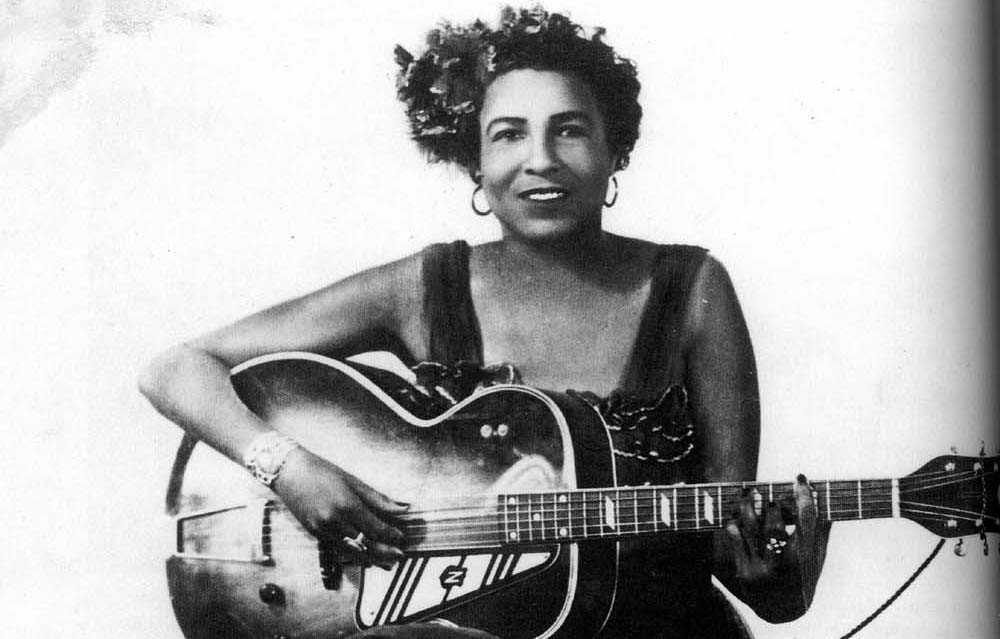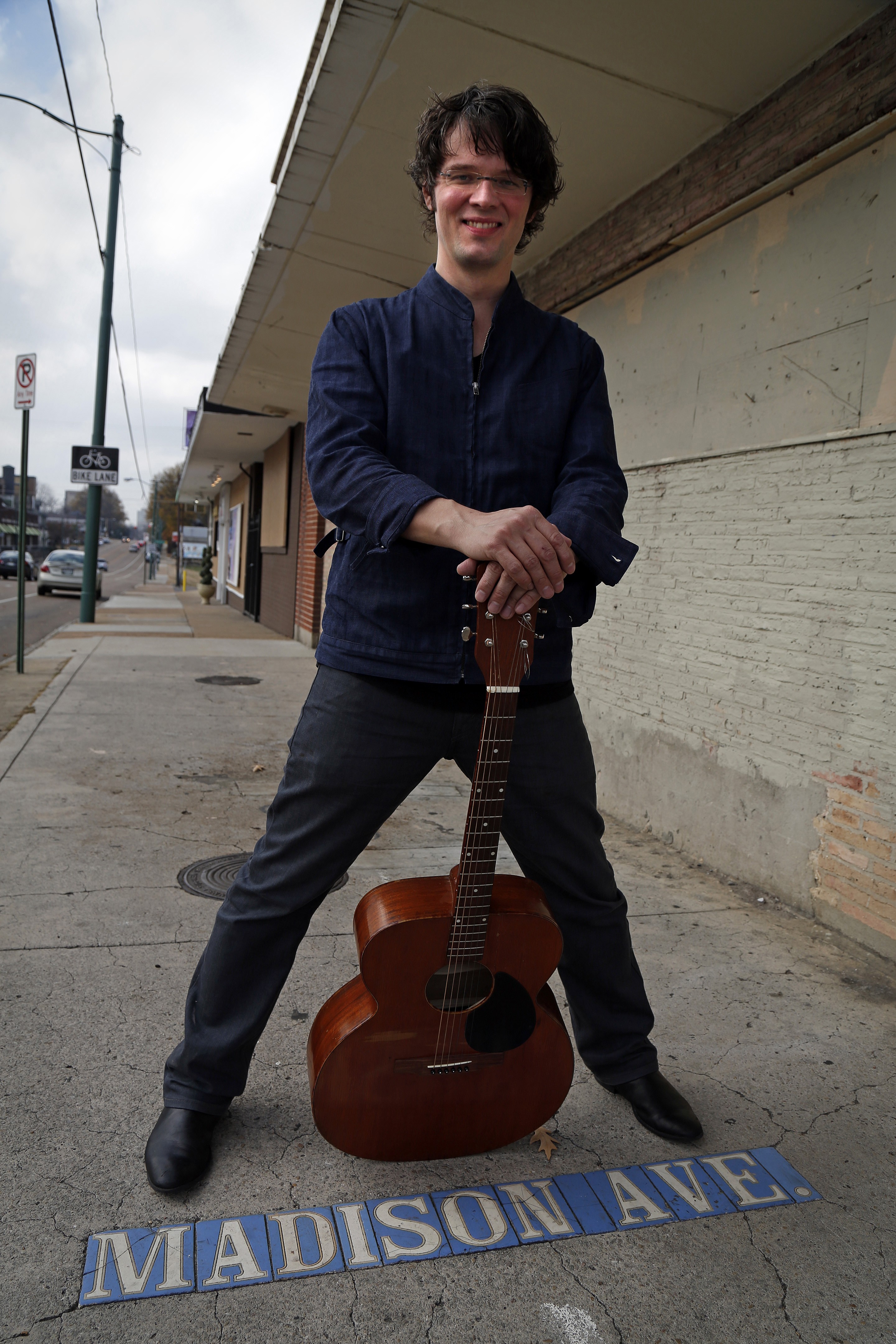 H. Michael Miley
H. Michael Miley
Beale Street
You can put my name on the list of locals who have casually maligned Beale Street. But I’m here to eat words. Here goes: I love Beale Street.
The stereotype is familiar: Either rock blues played by heavy-set white guys in bowling shirts or throngs of black kids who don’t care to hear any blues. It’s true that there are sub-ideal bands and some nights when not everybody belongs. But this dismissive view of Beale is cheap shorthand and a sad way to miss out on an important part of Memphis’ economy, culture, and good times.
I recently went to Beale four times in 10 days and had a blast every time. Milling through the crowds at B.B. King’s Blues Club on a Friday at lunchtime, you hear accents from all over the world. It’s true that the British, Japanese, and continentals were not hearing Sleepy John Estes or Mr. King in his prime. People get hung up on “authenticity” and miss things like the Stax Academy Alumni Band’s residency at B.B. King’s. I went back to B.B.’s and heard Preston Shannon play his regular Wednesday night gig.
Shannon reminded me of the whole spectrum of a blues performance. I had been guilty of using the cheap shorthand, of using a bad example (Stevie Ray Vaugnabees) to define contemporary blues. Shannon is a moving guitarist and vocalist who’s been active since the 1970s and on Beale for almost a quarter century. He works within a tradition of showmanship that makes each note meaningful: a mix of human spiritualism and worldly desire. At his best, he works himself and the audience into something like a funky, social, religious experience. People come from Japan. Why don’t we come from Collierville or Central Gardens?
I walked down Beale several times over those days and saw throngs of people having good times. I heard music I liked: C-3 Blues Band at Rum Boogie and the McDaniel Band at the Blues Hall.
But there is one thing we should fix: The bars are in an outdoor volume war. Loudspeakers are set up, one after the other, down the street, each playing its own music. There was a moment when I saw a man who had clearly traveled here to listen to music. He was aghast at the cacophony of competing sound systems. You couldn’t hear anything. He was furious. So was I. The music that draws people to Beale did not have giant, solid-state amplifiers. Huge amplifiers are used as weapons by the military and are the worst thing about live music.
Beale, like Overton Square, is on the good foot. Beale Street Landing, the new Orpheum development, the new Hard Rock Café, and the Memphis Music Hall of Fame herald an even better experience for Memphis’ beloved musical pilgrims. We should not treat them like Central American dictators and blast them with unhealthy levels of noise. Put musicians out front, singing and playing unamplified instruments.
The city or merchants association should enforce the noise ordinance’s prohibition against loudspeakers for promotion. We should also amend the current ordinance to allow for drums, singing, and acoustic instruments in the entertainment districts like Beale, Broad Avenue, and Overton Square.
One solution was heard at A. Schwab for the Beale Street Caravan fund raiser, where the Bluff City Backsliders played a mostly unplugged set behind Jason Freeman’s powerful voice. The sound perfectly filled the room. You could hear it if you wanted to listen to every note, but you could also think or say hello to someone. Sleepy John never had a 300-watt amp.
Last weekend, I was in Nashville on Broadway. When you pass a bar like Tootsie’s Orchid Lounge or Robert’s Western World, the band is in the window, and you can hear what they are doing inside. It makes you want to go in, or it allows you to go hear something else. But you are not subjected to noise pollution the whole time you’re on the street.
Beale’s energy is so much more fun than Broadway. Beale is rowdy and wrong in just the right way. You can go to Nashville and walk your granny down the street for a cotton candy. That’s sorta fun, but Beale is the place for cutting loose and showing off your soul. Even standing in the deafening and absurd contrast of what is and what it was, I love Beale Street. We should all go more often.


